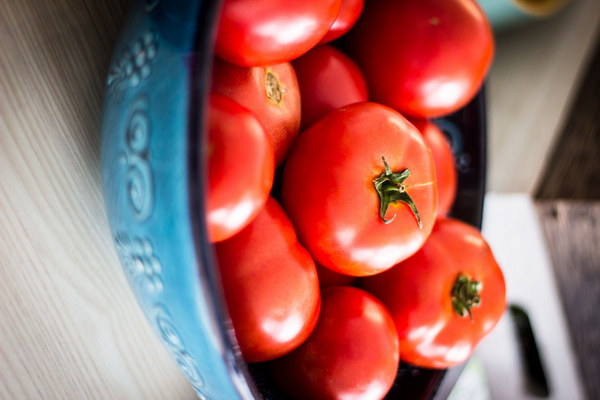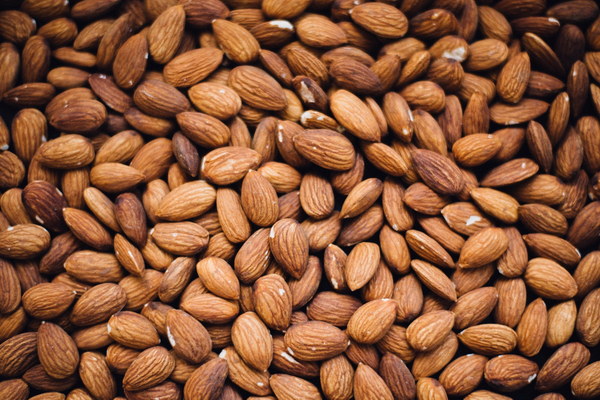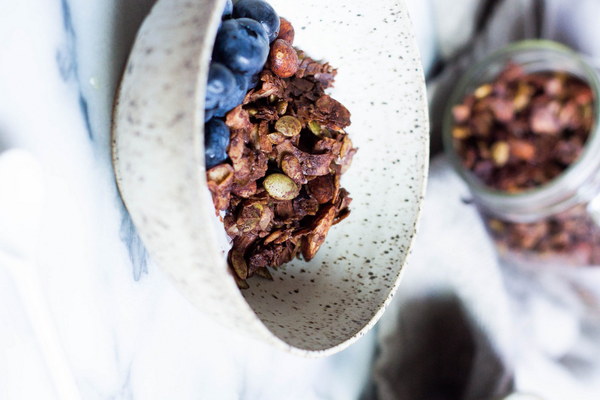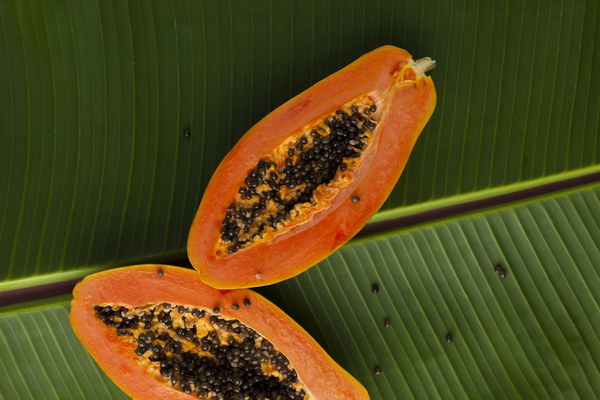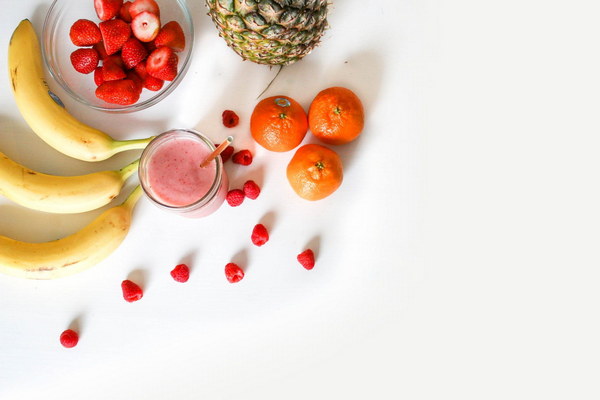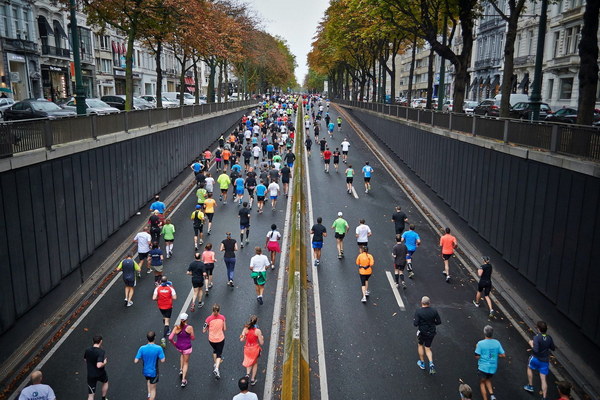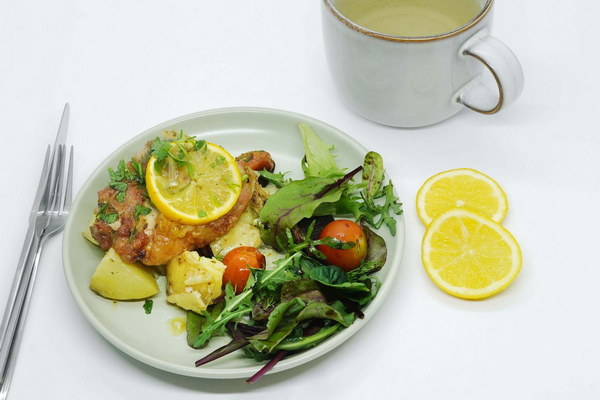The Ultimate Guide to Warming and Nourishing Qi and Blood for Spleen and Stomach Cold Best Practices
Introduction:
Spleen and stomach cold is a common condition characterized by weakness, fatigue, and digestive issues. To combat this, it is essential to warm and nourish Qi and Blood. In this article, we will explore the best practices to achieve this goal, including dietary recommendations, herbal remedies, and lifestyle adjustments.
1. Dietary Recommendations:
a. Warming Foods: Incorporate warming foods such as ginger, cinnamon, and garlic into your diet. These spices can help stimulate the digestive fire and warm the body.
b. Nutritious Soups: Soups made with bones, such as chicken or beef broth, are excellent for nourishing Qi and Blood. Add root vegetables like carrots, beets, and sweet potatoes to provide additional warmth and nutrients.
c. Avoid Cold and Raw Foods: Cold and raw foods can exacerbate spleen and stomach cold symptoms. Minimize the consumption of cold drinks, ice cream, and raw vegetables.
d. Proper Portion Sizes: Eat small, frequent meals to aid digestion and prevent bloating. Overeating can strain the spleen and stomach, worsening the condition.
2. Herbal Remedies:
a. Astragalus: Known as Huang Qi in Chinese medicine, Astragalus is a powerful herb that strengthens the immune system and boosts Qi.
b. Codonopsis: Also known as Dang Shen, Codonopsis is an adaptogenic herb that supports the adrenal glands and enhances energy levels.
c. Licorice Root: Known as Gan Cao in Chinese medicine, licorice root helps harmonize the other herbs and promotes digestion.
d. Cinnamon: Cinnamon is a warming spice that can be added to tea or used in cooking to enhance digestion and increase blood circulation.
3. Lifestyle Adjustments:
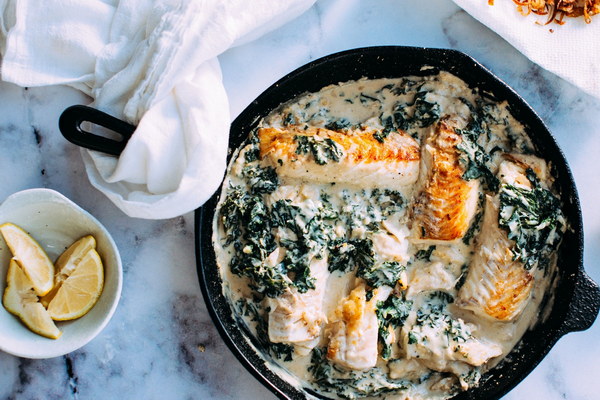
a. Regular Exercise: Engaging in regular exercise, such as walking, tai chi, or yoga, can improve circulation, boost energy levels, and strengthen the immune system.
b. Adequate Sleep: Ensure you get enough quality sleep to allow your body to rest and rejuvenate. A good night's sleep is essential for the proper functioning of the spleen and stomach.
c. Stress Management: Stress can weaken the immune system and exacerbate spleen and stomach cold symptoms. Practice stress-reducing techniques, such as meditation, deep breathing exercises, or spending time in nature.
d. Avoid Exposure to Cold: Protect yourself from cold temperatures by wearing appropriate clothing and staying warm. Avoid getting wet, as dampness can exacerbate the condition.
Conclusion:
Warming and nourishing Qi and Blood is crucial for those with spleen and stomach cold. By incorporating the right dietary choices, herbal remedies, and lifestyle adjustments, you can effectively combat this condition and improve your overall well-being. Remember to consult a healthcare professional before starting any new treatment or making significant changes to your diet and lifestyle.
